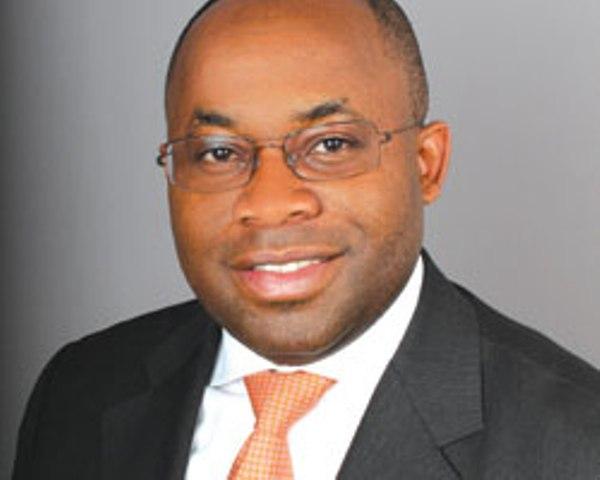The newly-constituted $1bn Sovereign Wealth Fund will begin investment in June with an initial investment with $200m, barely seven months after the board of the Nigerian Sovereign Investment Authority (NSIA) was inaugurated.
This was made known by the Managing Director of the NSIA, Dr Uche Orji in Abuja yesterday during an interactive media session, who also stated that the NSIA is now fully operational and that the board has already met thrice to approve the Investment Policy statement as well as make allocations to the three funds: Stabilization Fund, the Future Generation Fund and the Nigeria Infrastructure Fund.
While the Stabilization Fund received $200m of the $1bn, the Future Generation Fund will receive $325m and the Nigeria Infrastructure Fund will receive $325m. The remaining $150m has been left unallocated to give the board flexibility to top up each of the funds as it sees opportunities.
“We have balanced the Infrastructure and the Future Generation funds with a view to recognising the need of the current generation, which is infrastructure, and the need of the future generation, which is savings. That is the idea of the initial allocation of the funds,” he said, adding that the allocation formula would be revisited by the board periodically.
NSIA is a savings fund established by the Nigeria Sovereign Investment Authority (Establishment) Act 2011 and financed by the Federal Government to build a savings and investments base from the country’s hydrocarbon wealth.
While the Stabilisation Fund will start early June, Orji said, the Future Generation Fund will commence towards the end of 2013 considering its diversified portfolio and complicated processes. He added that the detailed review of the possible investment areas to benefit from the Infrastructure Fund was on-going.
He identified priority areas being considered under the Infrastructure Fund portfolio to include health care, transportation, water resources, power and housing, pointing out that the interest of the agency would be on commercially viable projects that help it earn good returns on investment for Nigerians.
He noted that the SWF has started well, considering that it has a seed fund of $1billion which is higher than what many other countries started with. For instance, Norway which started with a seed fund of $300 million in 1996 has grown to $665.3 billion and United Arab Emirates which started with less than $100 million in 1976 has a size of $627 billion currently.
“Our focus is on investments that are both relevant to the current needs of Nigerians and profitable and sustainable,” Orji said. “We are ready to go anywhere to get the best deals for Nigeria.”

